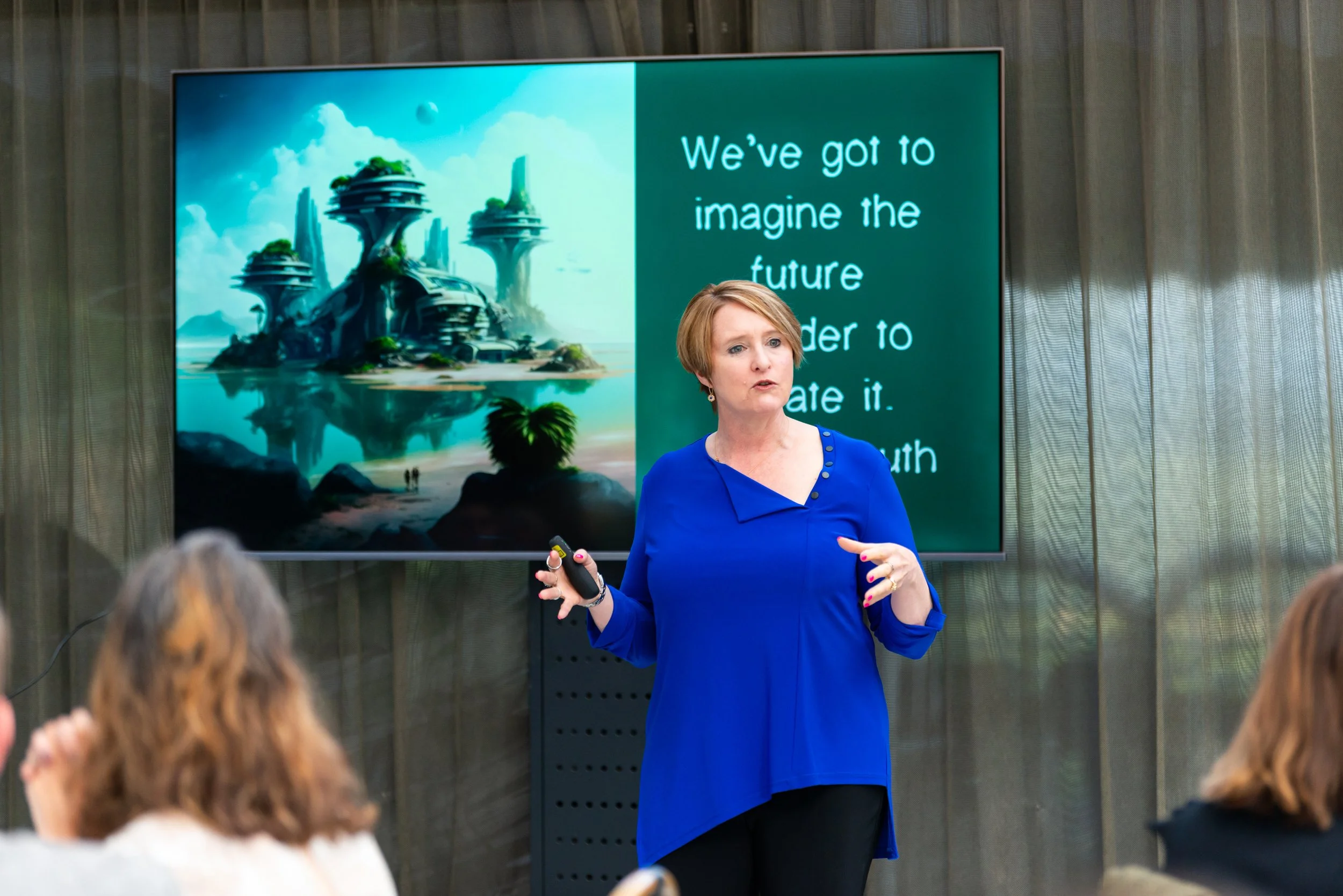I watched the CEO wrestle with the decision. Should they sack the prestigious client or carry on with the contract?
The complaints were believable: the client had shown a cavalier approach to their environmental responsibilities and had dropped more than one sexist comment.
But was that enough to cancel the contract?
Had they crossed a line that warranted financial loss? And more than that, loss of face and reputation of the CEO.
What would you do?
Ethics is the study of ‘what ought one to do’.
At first blush, the answer seems easy: if the client does not line up with our values, we should let them go. A clear delineation of our values would provide the right guidance.
But when you throw power and authority in the mix, things can grow a little cloudy.
It’s hard to admit you made a mistake. It’s hard to risk reputation. It’s hard to give people bad news. It’s hard to accuse someone of doing the wrong thing.
We are hardwired for belonging and social acceptance. If making an ethical choice means shunning someone, this can feel wrong in itself.
There’s a horrific scene in one of the early episodes of The 100, a sci-fi series and book about one hundred convicts sentenced to exile on a post-nuclear Earth. They choose to banish one of their own for nearly killing a fellow convict. It was heart-wrenching to see the forlorn young man shoved outside the safety of the group’s ramshackle gates, left to fend for himself in a hostile environment. Was there no chance of redemption? Of atonement? Was it worth the risk?
The whole show is about ethical choices. Do you kill one to save the many? Do you kill many of the ‘other’ group to save your own group?
And for the person with power, with authority, the filters can be muddied with the desire to stay in power, to save face, or simply to exert their own will for personal gain.
Coming back to the CEO staring down a choice that meant he’d personally cop consequences, there are ways to help filter out the power effect.
Here are some ideas to help you inoculate leadership against power traps:
Use a risk framework to evaluate choices.
Risks to finances, culture, reputation, safety are some of the factors to include here.
2. Use an ethical framework to evaluate choices.
Identify your core values and why these are important to you and the organisation. Do the choices support or violate these values?
3. Constrain power with checks.
The idea of a government with ‘checks and balances’ exists because of past abuses of power. Power is such an intoxicating force, a single individual ought not to be trusted with wielding it alone. Committees of approval, boards of governance, and judicial systems help to vet the use of power.
And if you are outside of the decision-making circles, then developing your own ability to speak truth to power is a core leadership need. Read more about this in my first book, Composure.
Ethical decision-making is not a simple process and fraught with peril.
That’s why there’s a campaign to develop the Australian Institute of Applied Ethics, for ethical advice on challenging choices. Show your support and sign the pledge here.
How might you build your ethics?
Live with grace, lead in service.
***
Related articles
Leadership Purpose and Identity: Four Soulful Questions
Stretch your thinking for better leadership
***
P.S. My latest leadership-book-in-disguise-as-a-novel, Olympus Bound, the second book in the Gaia Enterprise series, is available for pre-orders as a special edition signed paperback. Get your copy here now, ready for shipping by May 1st.
About Zoë Routh, Canberra leadership futurist
Zoë Routh is a leadership futurist, podcaster, and multiple award-winning author. She works with leaders and teams to explore what's coming and what it means for leadership of the future.
She has worked with individuals and teams internationally and in Australia since 1987. From wild Canadian rivers to the Australian Outback, and the Boardroom jungles, Zoë is an adventurist! She facilitates strategy and culture for the future with audacious teams.
Zoë's fourth leadership book, People Stuff - Beyond Personality Problems: An advanced handbook for leadership, won the Book of the Year at the Australian Business Book Awards in 2020. Her fifth book is a leadership futurist science fiction dystopian novel, The Olympus Project.
Zoë is the producer of the Zoë Routh Leadership Podcast, dedicated to asking “What if…?” and sharing big ideas on the Future of Leadership.
Zoë is an outdoor adventurist and enjoys telemark skiing, has run 6 marathons, is a one-time belly-dancer, has survived cancer, and loves hiking in the high country. She is married to a gorgeous Aussie and is a self-confessed dark chocolate addict.


